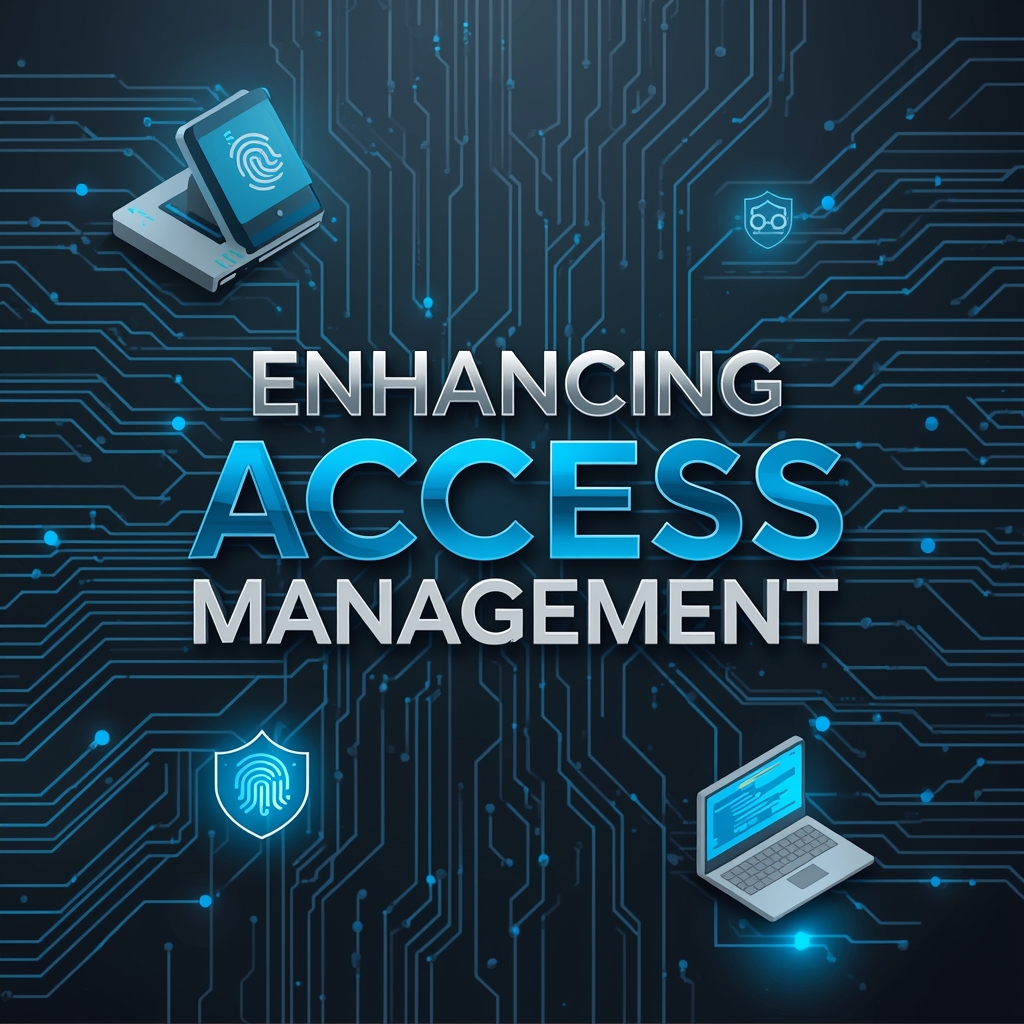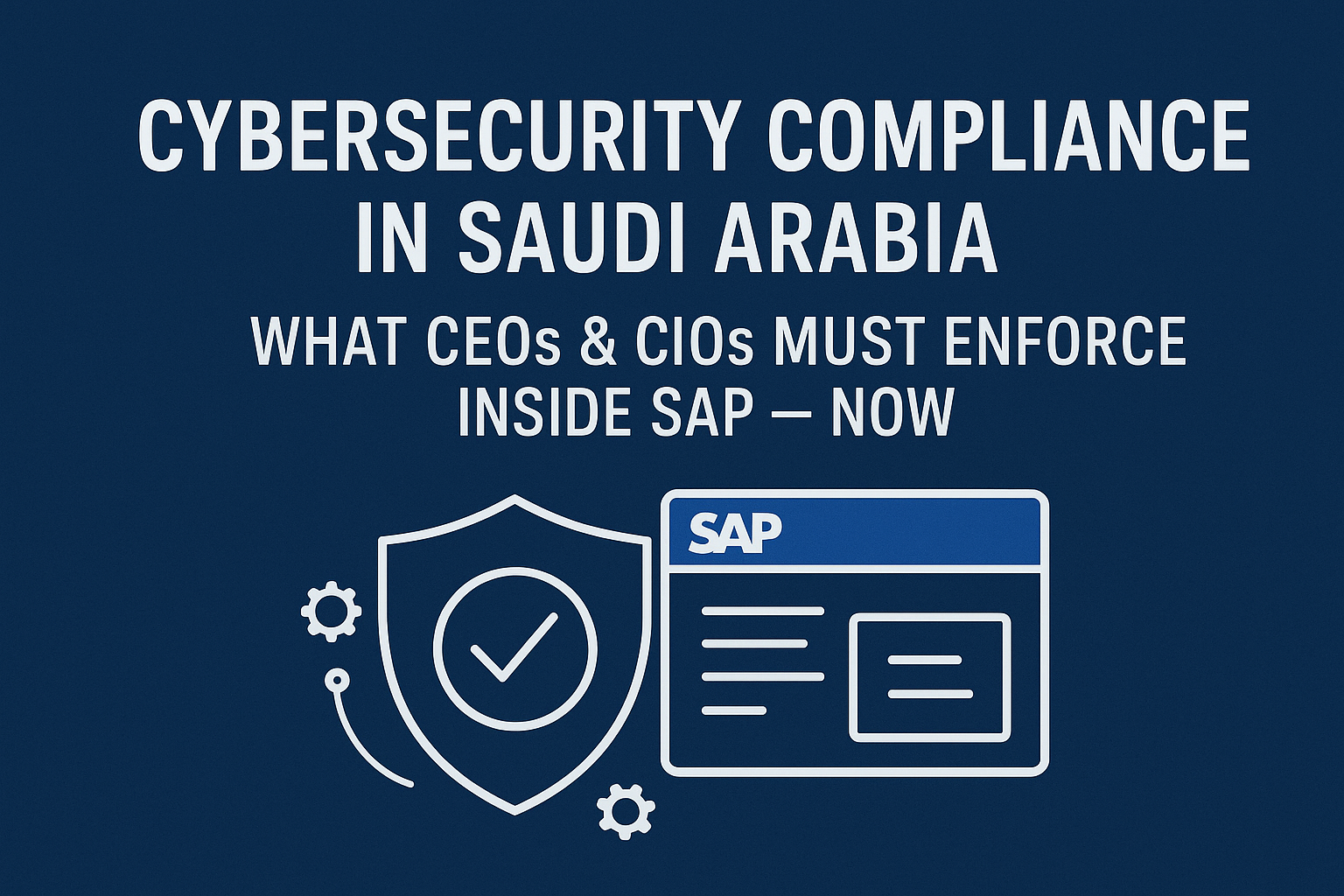The digital economy is evolving at a significant pace, bringing with it new complexities in how organizations operate. As business processes and IT systems become more advanced, a broad understanding is often no longer sufficient for addressing specialized challenges. Instead, enterprises and institutions are seeking professionals who can offer unique, highly specialized expertise. This trend is especially pronounced in fields like enterprise resource planning, cybersecurity and regulatory compliance. The rise of these requirements calls for both seasoned professionals with deep knowledge and fresh minds prepared to approach persistent problems differently. This shift is influencing hiring, training and project execution strategies, as companies realize that broad skills cannot replace the advantages of targeted expertise.
The increasing complexity of modern business landscapes
Modern business environments now require much more than standard qualifications. Companies must comply with increasingly intricate regulations such as the General Data Protection Regulation (GDPR), Sarbanes-Oxley (SOX) and ISO 27001. Each of these frameworks has its intricacies, and missteps can result in operational disruptions or penalties. On top of compliance, there are heightened expectations about data protection and risk management. Cybersecurity threats continue to grow in sophistication, placing further pressure on organizations to plug knowledge gaps quickly. In response, leaders no longer rely on generalists alone. Instead, the most resilient businesses actively cultivate and seek out niche talent. This shift is essential for remaining agile and addressing both anticipated and unforeseen challenges with confidence.
The value of niche skills in addressing client-specific needs
Every organization has unique operational workflows, technical landscapes and regulatory priorities. Generic solutions often fall short when addressing highly specific challenges. Niche skills augment an organization’s capability to tailor solutions to its distinct business context. When a company faces a migration to S/4HANA, for instance, nuanced knowledge of role and authorization management becomes the deciding factor in a smooth transition. Similarly, specialists who understand the intricacies of ISA 315 audits can support audit firms in risk assessments more comprehensively than those lacking this focus. In practice, this means project timelines are reduced and risk exposure is minimized. By hiring for these niche skill sets, businesses not only meet their clients’ sophisticated requirements but also build meaningful competitive advantages.
Creating opportunities for young professionals
The growing demand for specialized expertise is encouraging companies to look beyond traditional hiring pools. In Germany and across Europe, organizations are increasingly tapping into student talent for support on advanced projects. This emerging workforce, often engaged through internships or part-time arrangements, brings enthusiasm and technical curiosity to the table. By participating in real-world implementations, students gain practical knowledge and companies benefit from fresh insights not always available from seasoned professionals. This approach creates a valuable learning environment, supports the career development of young experts and offers affordable solutions for complex client challenges. Many firms find that bridging the gap between academia and business helps maintain a pipeline of innovation while also controlling operational costs.
Sustaining operational continuity through specialized support
In competitive sectors, uninterrupted operations and responsiveness are highly valued. Organizations navigating regulatory audits or large infrastructure changes require trusted support, frequently outside conventional working hours. The demand for specialized expertise extends to provisions for support during weekends or critical periods. By trusting teams with deep knowledge in areas such as SAP security, role optimization or regulatory compliance, enterprises gain the reassurance that critical tasks are monitored and addressed promptly. Having access to this level of service contributes to a sense of reliability among stakeholders while enabling businesses to maintain service-level commitments. This focus on availability and responsiveness, paired with niche knowledge, can be a significant differentiator in meeting high client standards for timeliness.
Adapting education and training to bridge the skills gap
The accelerated rate of technological and regulatory change means professional skills can become outdated quickly. Businesses and training institutions now emphasize continuous education tailored to niche applications. Where generic certifications or broad technical courses once sufficed, today’s employers prefer in-depth workshops, role-specific certifications and hands-on labs focused on compliance, risk management or cybersecurity. Furthermore, collaborative arrangements with universities and technical schools provide students with practical exposure to live projects, amplifying both their readiness and relevance to immediate industry needs. For experienced professionals, regular re-skilling is essential. This ensures ongoing relevance in the workforce and improves organizational resilience when new standards or threats emerge. Learning is now recognized as a lifelong process, ensuring that those with niche expertise stay ahead.
Meeting demands for compliance and risk mitigation
With enhanced regulatory scrutiny and global interconnectedness, organizations are prioritizing compliance and risk mitigation as central tenets of their operational strategy. Niche professionals bring detailed knowledge that is necessary for developing frameworks, implementing controls and documenting processes aligned with standards like SOX, GDPR or ISO 27001. Beyond ticking regulatory checkboxes, niche experts help enterprises future-proof their operations. They proactively identify weak spots and devise solutions to emerging risks such as insider threats or data leaks. The hands-on experience of such professionals ensures the design and implementation of resilient systems. For clients, these skills elevate confidence during audits and ensure smoother certification processes, ultimately reducing legal exposure.
Emerging requirements in enterprise technology and risk management are not static. Technologies continue to advance and regulatory expectations evolve. Organizations that cultivate a workforce with specialized expertise position themselves to lead amid disruption rather than react to it. The ongoing pursuit of niche knowledge drives innovation by providing new insights into how to streamline processes, optimize performance and drive business outcomes. As talent acquisition strategies continue shifting toward specialization, both established professionals and newcomers must be alert to trends shaping their fields. In this way, specialized expertise not only responds to today’s most pressing needs but also shapes future standards in quality, compliance and operational excellence.





